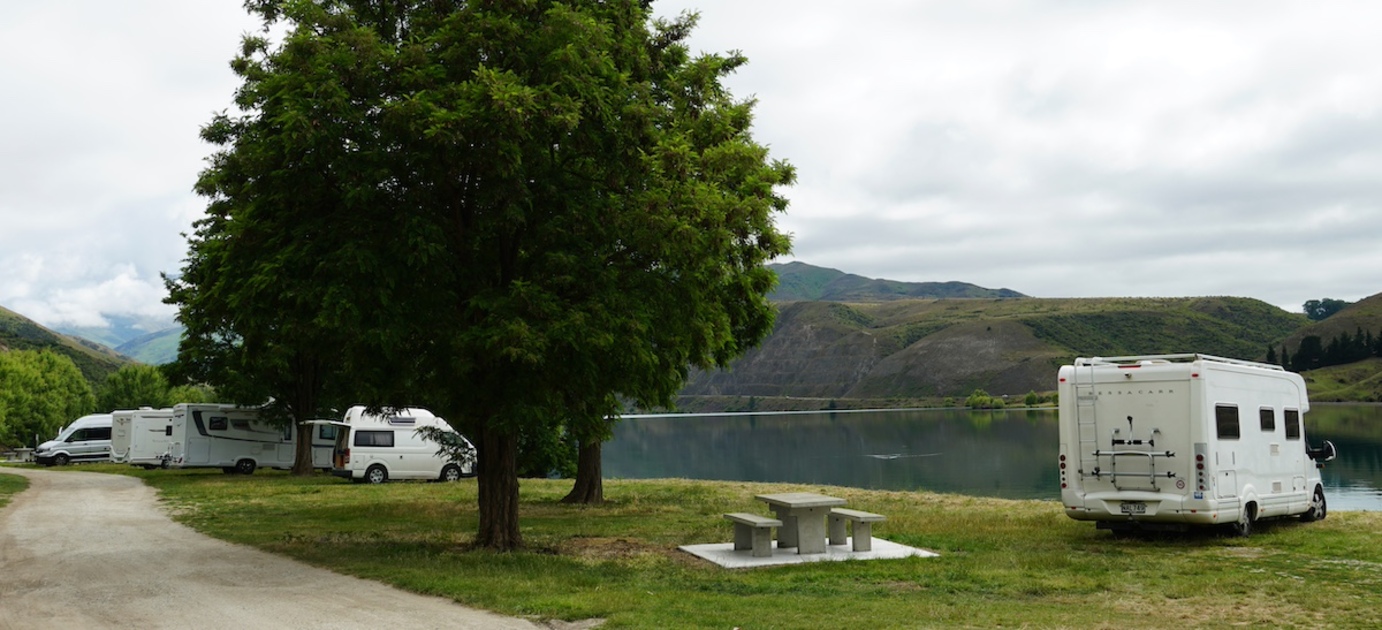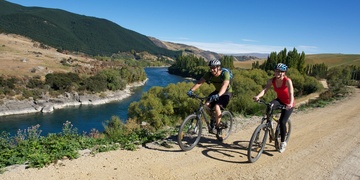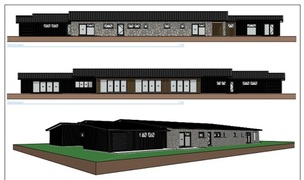Freedom camping bylaw shelved for now
Aimee Wilson
06 May 2025, 6:00 PM
 Freedom campers around Lake Dunstan have presented fewer problems in recent years. FILE SHOT
Freedom campers around Lake Dunstan have presented fewer problems in recent years. FILE SHOTProblem freedom campers appear to be a thing of the past in Central Otago, and as a result the district council has shelved creating its own bylaw.
The Central Otago District Council decided last week instead to develop a bylaw under the Reserves Act to keep its spaces and environment top notch, while also providing a means of enforcement for any unsavoury behaviour.
The council would concentrate on the Reserve Act bylaw instead of creating a freedom camping one for now, and consult the community about it in early 2026.
That would provide flexibility for enforcement for both freedom camping and general reserve infringements and meant there was still the option for council to develop a freedom camping bylaw in the future if required.
Parks and recreation manager Gordon Bailey told council last week that complaints about freedom camping have been relatively low over the past two years.
Between November 2024 and March 2025 council received 13 service requests (four of these were council related, seven were Land Information New Zealand (LINZ) related, regarding the two designated non-self-contained camping sites around Lake Dunstan).
Pre Covid-19, many freedom camping sites around Lake Dunstan were starting to become overcrowded during summer, particularly with backpackers, and there were issues with rubbish, behaviour and human waste disposal.
In 2023 the Government brought in extra enforcement, through the Self-contained Motor Vehicles Legislation Bill.
Council’s group manager of community experience David Scoones said at the meeting last week, Lake Dunstan was known as one of the noisiest lakes in New Zealand, according to LINZ.
Gordon said it was doubtful that the number of freedom camping issues nowadays encountered on council land would meet the Local Government Act ‘test’ to determine whether a freedom camping bylaw would be the most appropriate way of addressing the perceived problem.
The CODC still had enforcement powers to issue infringements under the Freedom Camping Act, such as when people camped on council land where it wasn’t permitted, or designated areas without a self-contained vehicle.
Have a story to share? Contact [email protected]
NEWS








